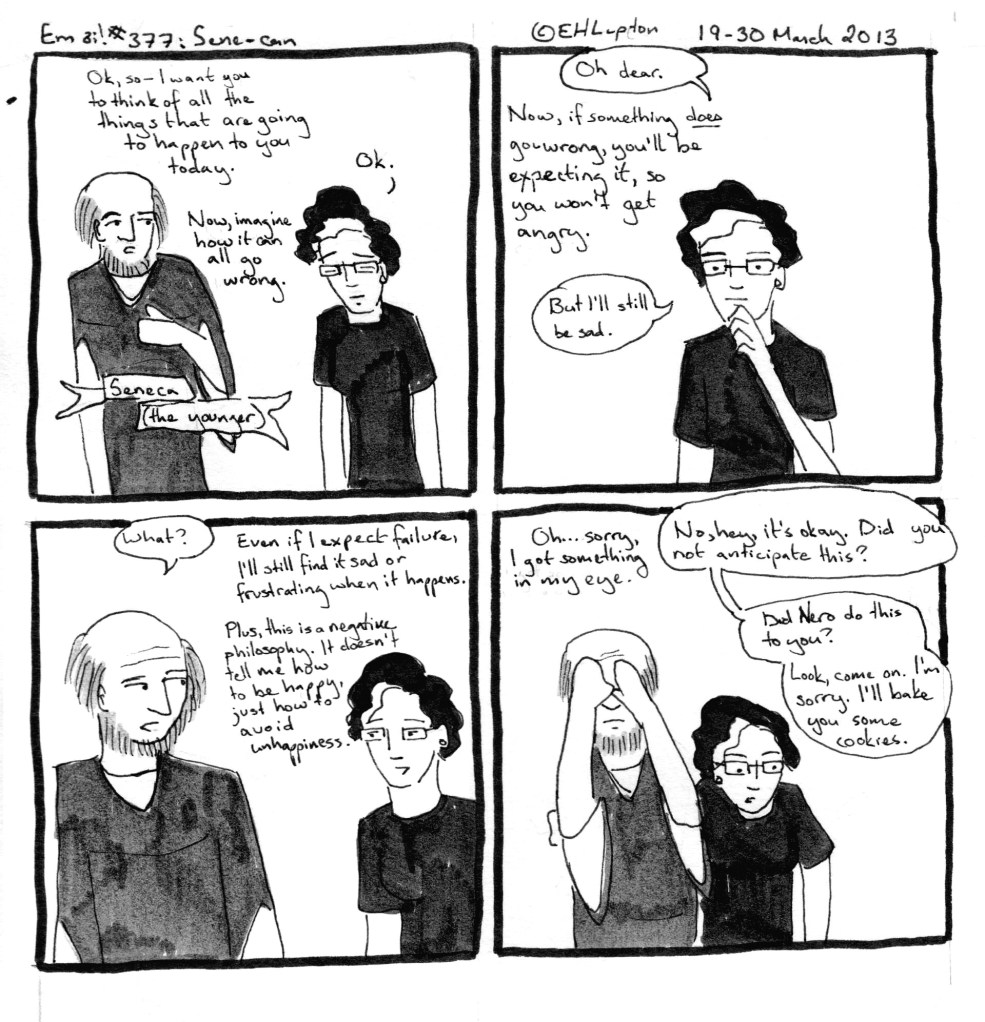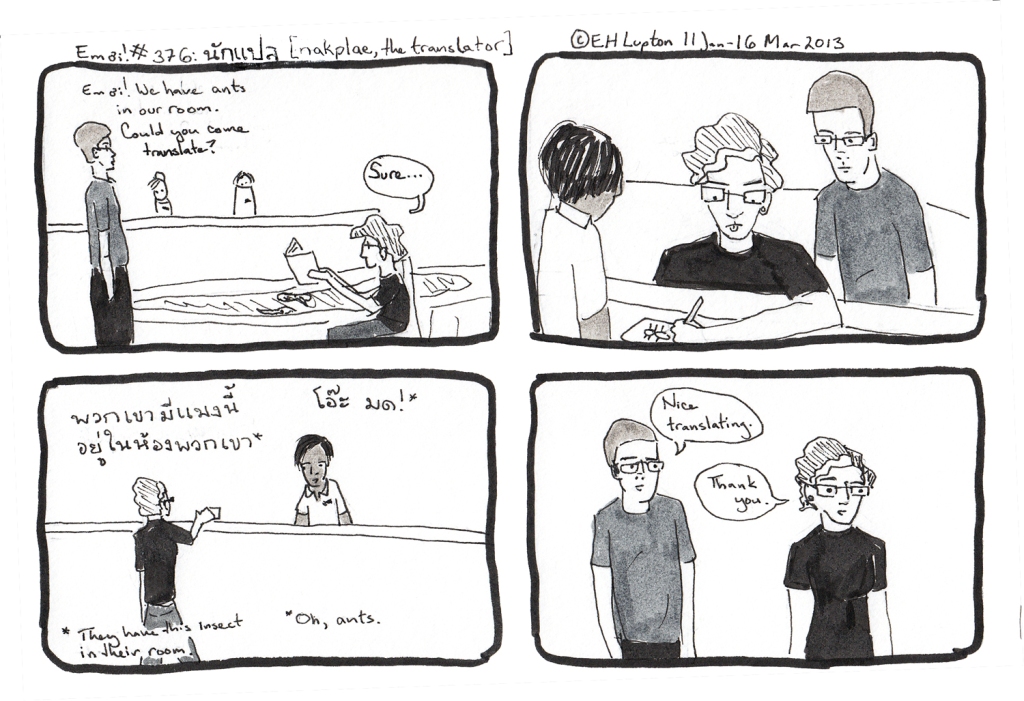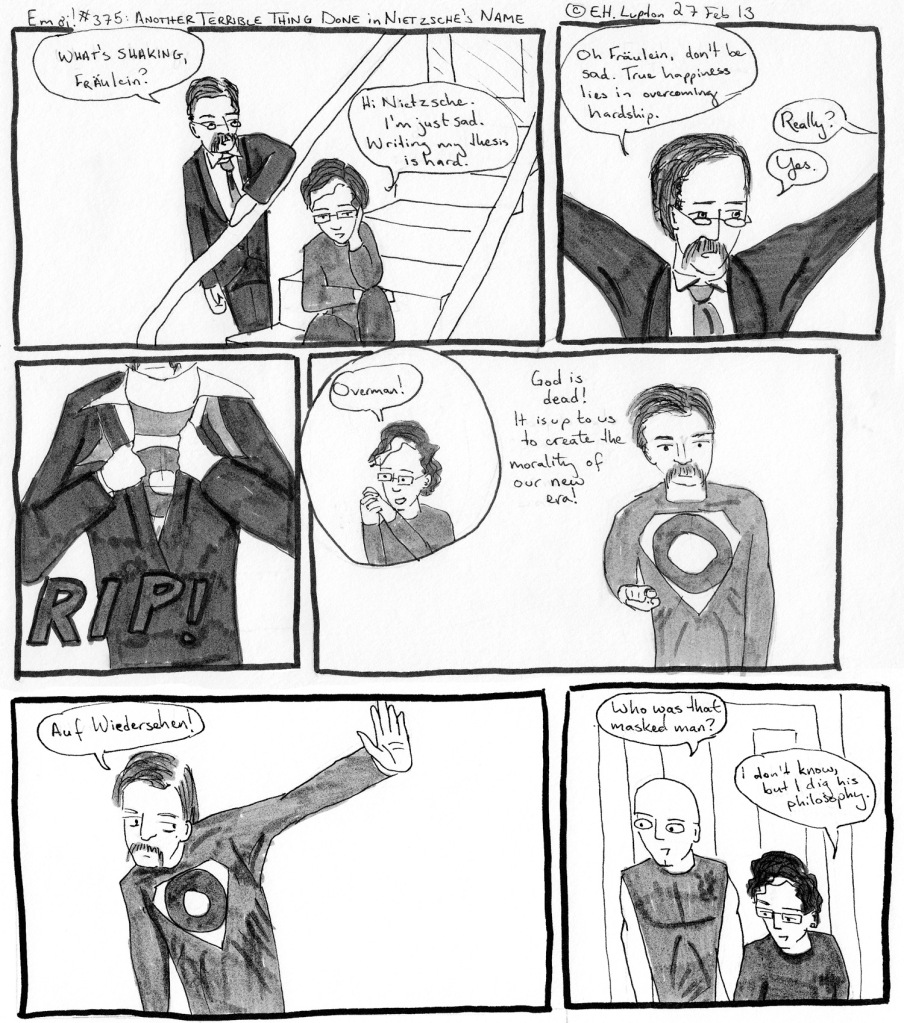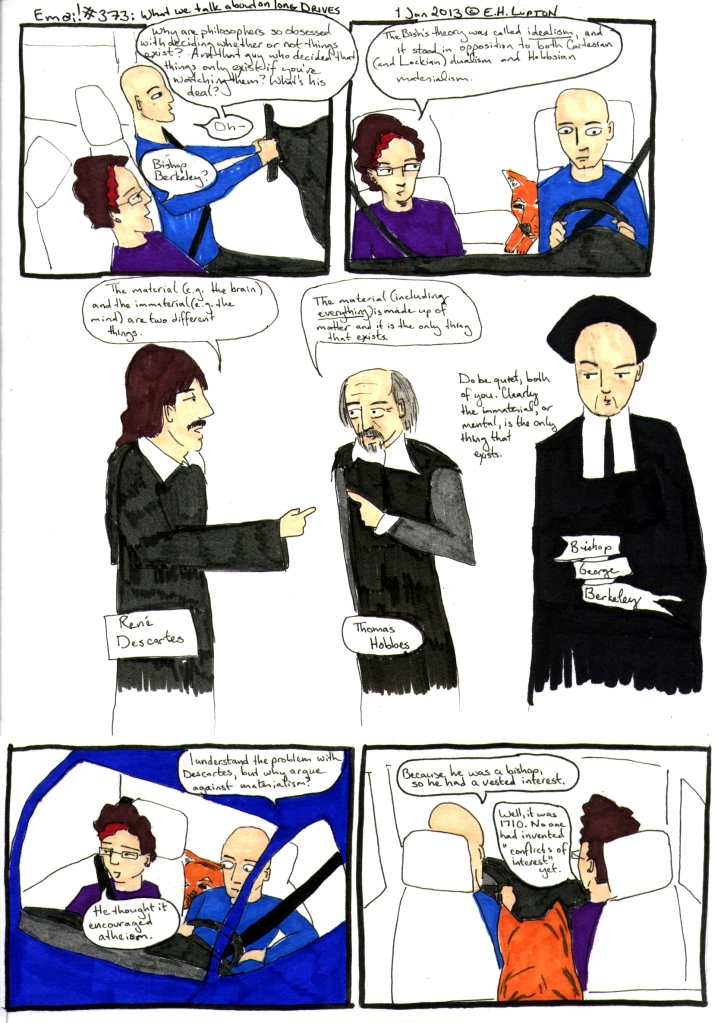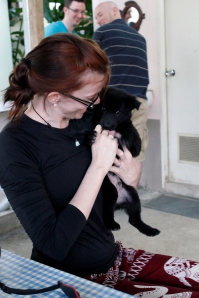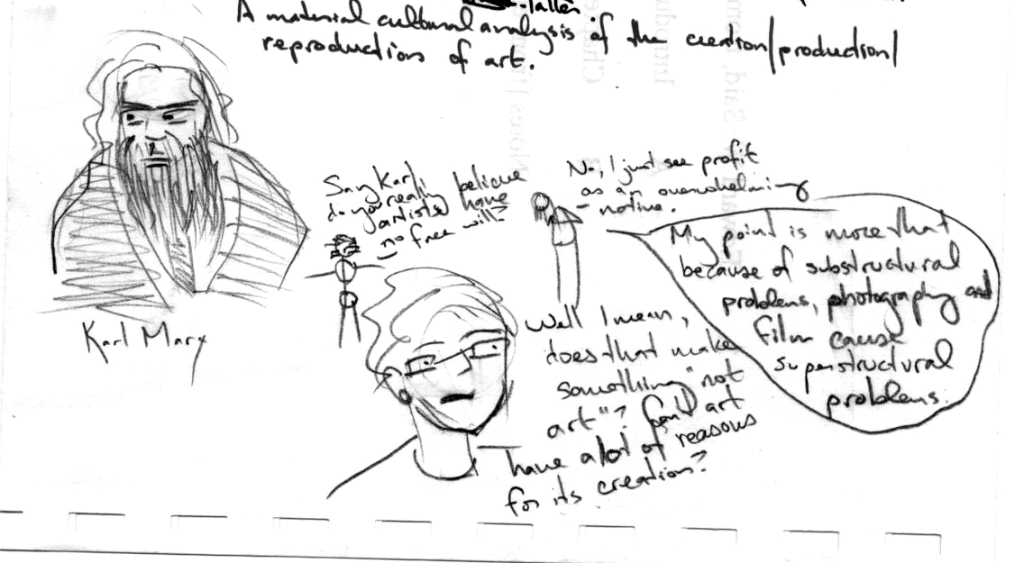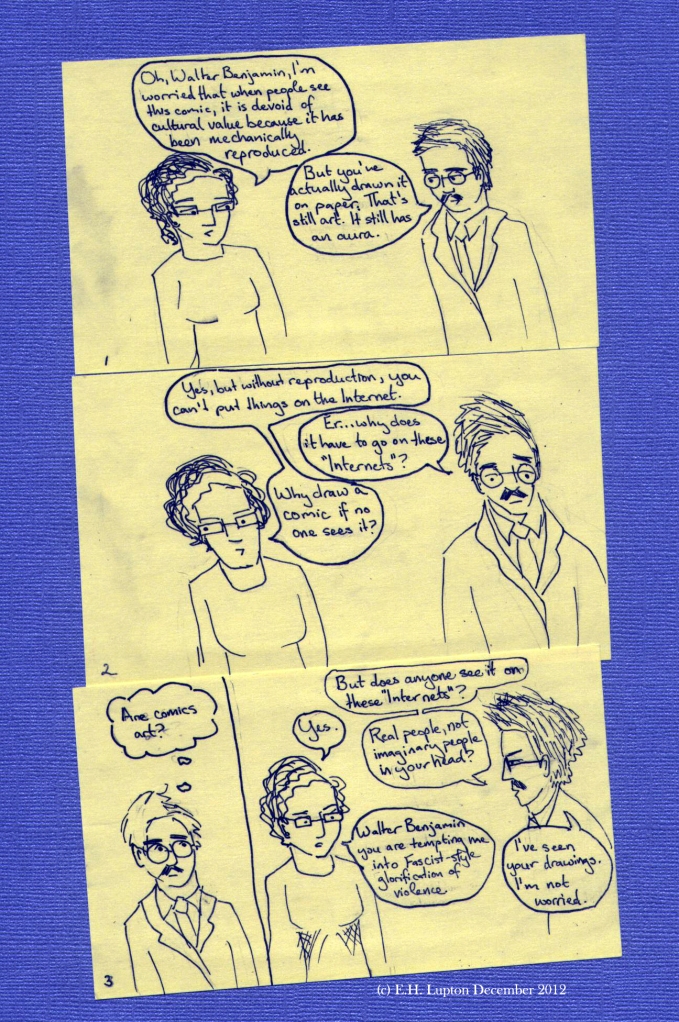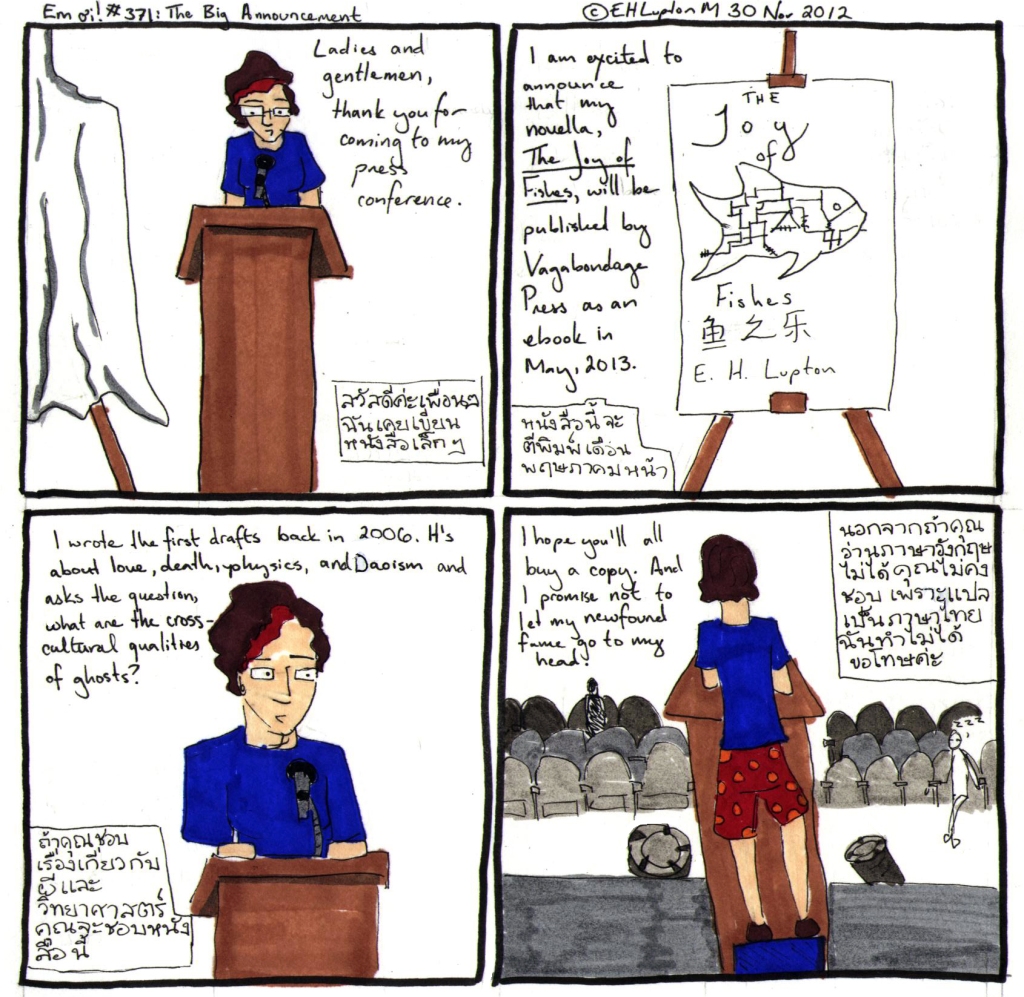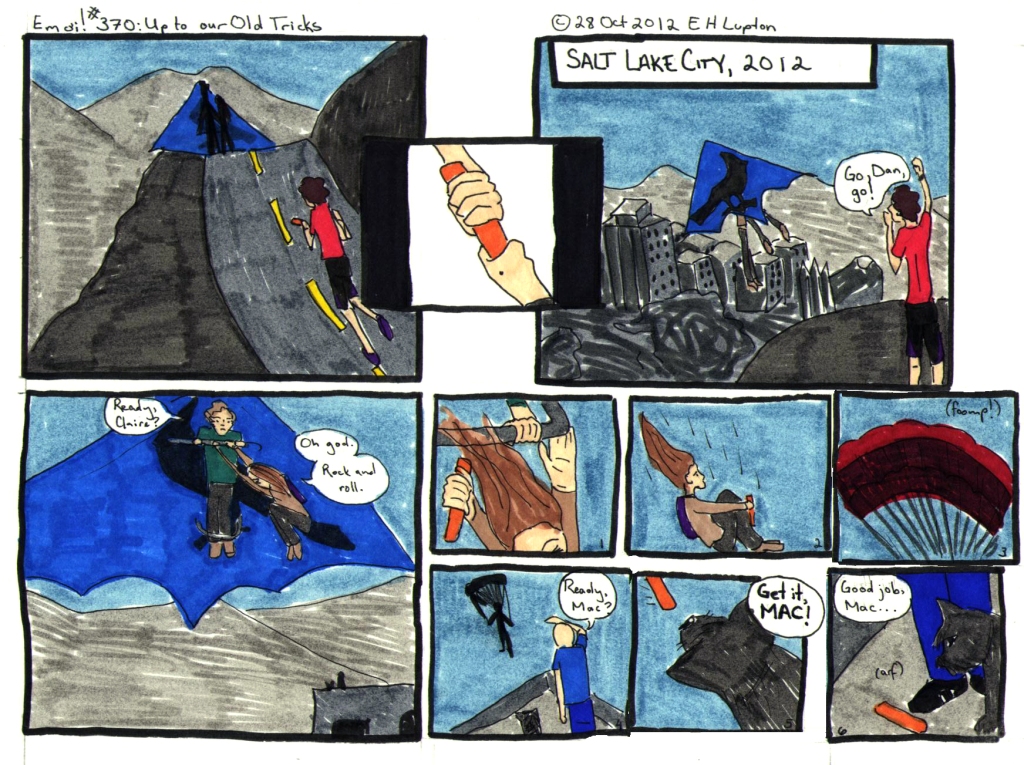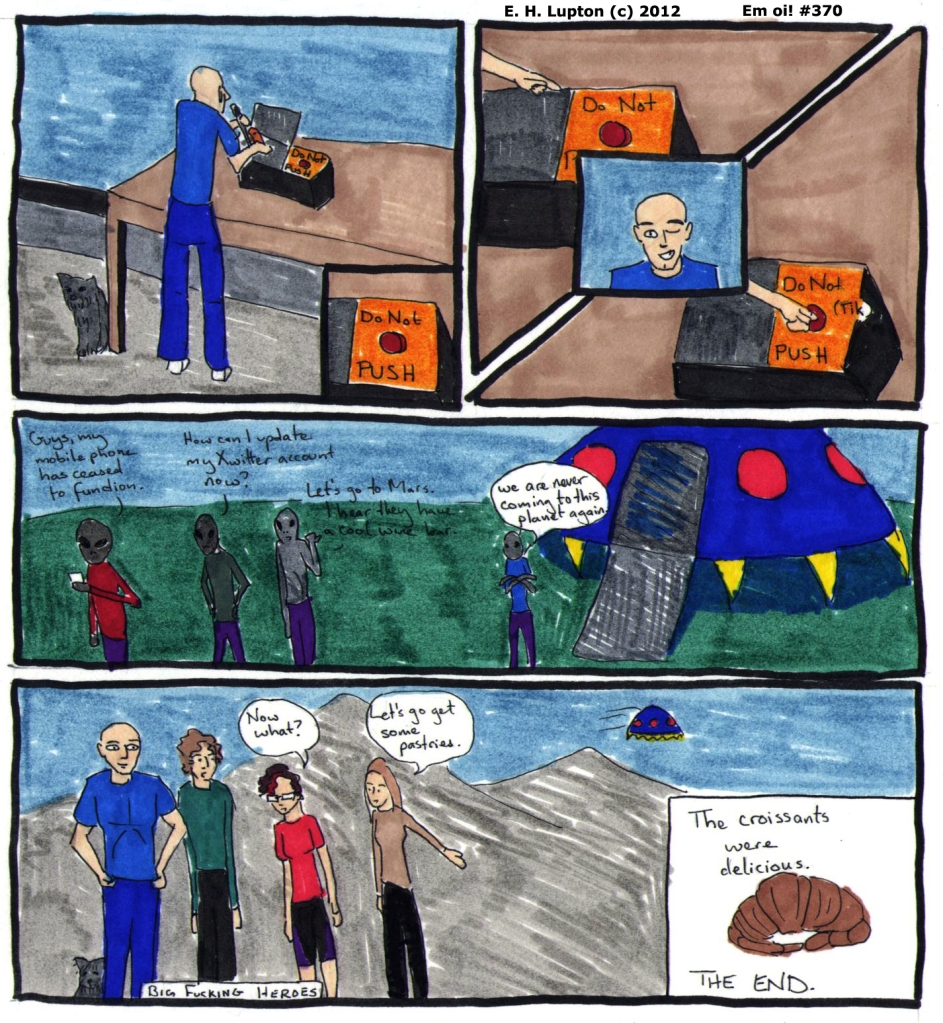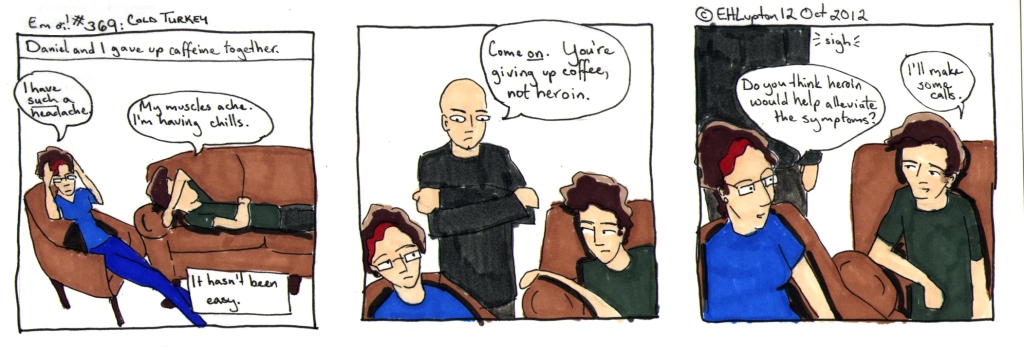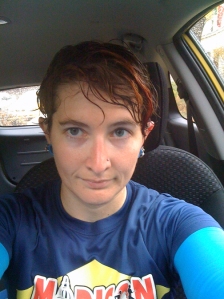So I came across Seneca (founder of the Stoics) the other day and immediately realized I was dealing with a kindred spirit. Seneca actually did advocate spending some time every day meditating on what could potentially go wrong in your life, because then if it did go wrong, you’d be psychologically prepared for it. Alain de Botton implies that this philosophy grew out of the fact that Seneca lived among the Roman elites, who were a fairly angry and unstable group from the emperor on down. And I actually do this quite a lot, though I refer to it as “reining in my expectations.” For example, if I had a job interview that went really well, I tell myself that they are not only not going to give me the job, but they will probably come and burn down my house for wasting their time. Then if they actually give me the job (please give me the job–you know who you are), I am surprised and happy, and if they reject me, I am less sad.
Anyway, despite all that, I couldn’t resist making fun of him a little. It could be worse, I guess–Schopenhauer advised his readers to swallow a toad every morning, so that would be the worst thing that happened to them all day…
We’ll file this under B618.L86 2013, for Philosophy (General)—Ancient (600 B.C.-430 A.D.)—Occident—Greco-Roman philosophy—Individual philosophers—Seneca, Lucius Annaeus, ca. 4 B.C.-65 A.D.—Biography and memoirs. Criticism and interpretation—General Works.
I should point out that in the time between when I drew this and when I inked it, my hair streak was dyed over (so I could look respectable for job interviews). You can check it out in the below photo, in which I failed to do it and maybe I didn’t even brush it this morning? And also I look a little cranky. (Hah. Take that, Cameron Russell?)

There have been so many good, philosophical articles in the news lately, from the issues of justice and punishment versus rehabilitation raised by the conviction and sentencing of Malik Richmond and Trent Mays, to the question of deciding when someone becomes a person raised by the North Dakota Personhood amendment to all sorts of interesting problems raised by SCOTUS hearing arguments on Proposition 8 and DOMA. But then Bryan posed me a fascinating problem about epistemology and free will, so I’m going to write about that. Actually, I’m going to write down the problem as posed to me now, and then next week I’m going to write about my thoughts on the issue.
Here we go: Bryan doesn’t believe in free will. His proof for this goes thusly:
- Bryan is a materialist, which means he believes that there is no mind/brain dichotomy–the mind is just our perception of the workings of the brain. The brain is controlled by various chemicals.
- Because the brain is made up of particles, if we really understood the brain (and quantum physics), we could build a computer that could predict what someone is thinking.
- So now that we know what someone is thinking, given a set of initial conditions, we can predict someone’s behavior.
- Since all choices can be accurately predicted, there is no free will. We are essentially controlled by chemicals. Free will is just an illusion we have because we ourselves don’t entirely understand the workings of our brains. But we might as well live with this illusion, because we can’t build a computer that can predict things like that.
(Bryan, you will have to let me know if I have misconstrued your argument.)
So I have been reading and thinking about quantum physics, Gödel’s incompleteness theorem, Newcomb’s problem and meta-Newcomb’s problem (even rereading my senior philosophy thesis), and also looking into the works of a lot of theorists from about 1950-present. It has been quite a knotty problem, I will tell you. If you have any comments on it, please feel free to post them in the comments section here, on FB or G+, or email them to me at ehlupton(at)gmail(dot)com. I will try to address any worthwhile opinions I receive.

